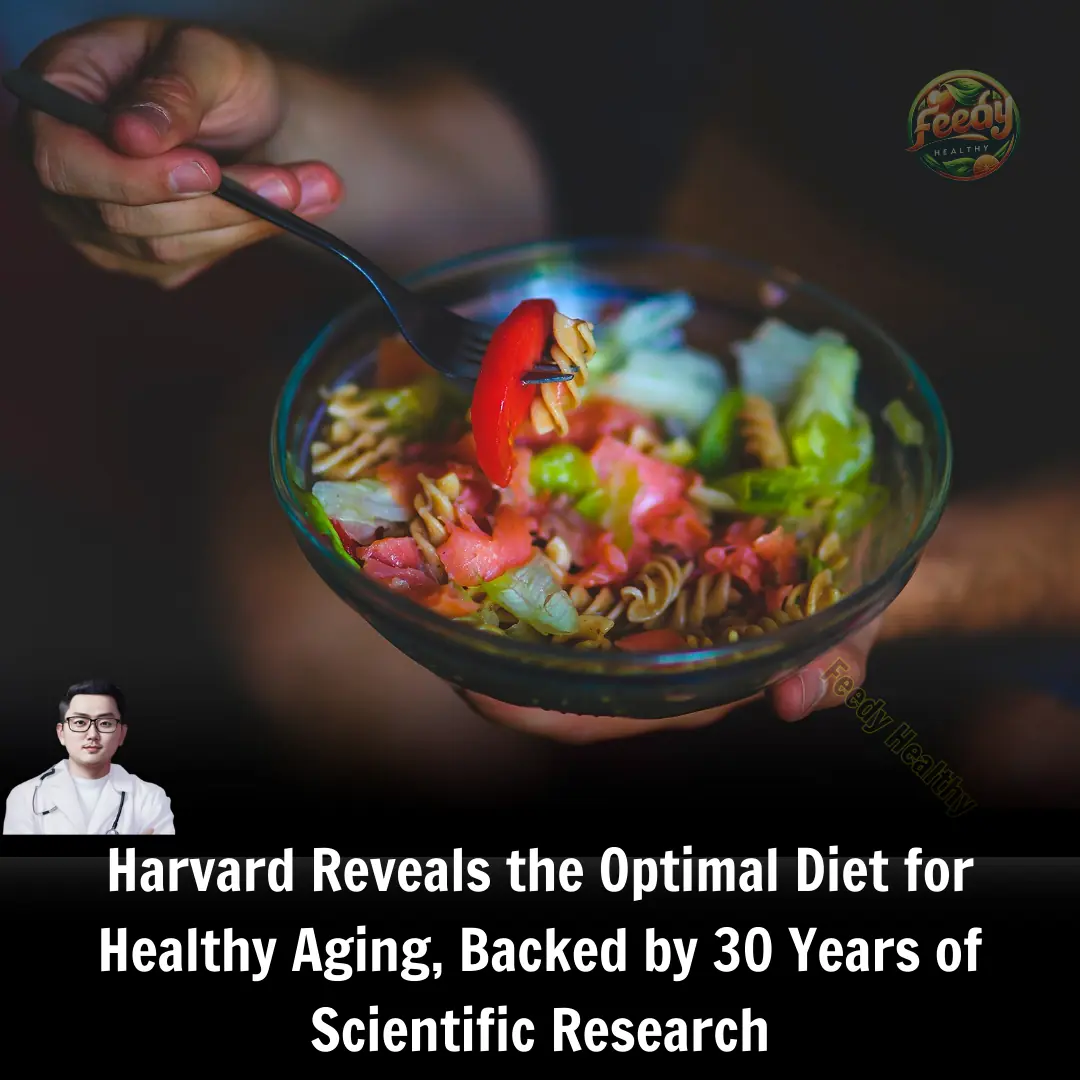Diabetes: A Common and Dangerous Disease
Diabetes is one of the most prevalent diseases worldwide, affecting people of all ages, from children to the elderly. This condition is categorized into two main types: Type 1 and Type 2 diabetes.
- Type 1 diabetes is an autoimmune disease in which the body does not produce insulin.
- Type 2 diabetes, the more common form, is characterized by insulin resistance or insufficient production of this essential hormone needed to regulate blood sugar levels.
Why Is Diabetes Dangerous?
Diabetes is a serious disease because, if not properly managed, it can lead to severe complications that affect nearly every organ in the body. Some of the most common consequences include:





These complications tend to develop gradually over time, emphasizing the importance of early diagnosis and proper treatment.
The Importance of Prevention and Management
In summary, diabetes is a serious condition that requires regular monitoring. The key to managing diabetes effectively lies in:



Prevention and proper management are essential to ensuring that individuals with diabetes can live a full, active, and healthy life.
Harvard Reveals the Optimal Diet for Healthy Aging, Backed by 30 Years of Scientific Research

Healthy aging has become one of the main public health goals around the world. More and more people are seeking evidence-based strategies not only to increase lifespan but also to maintain physical and mental quality of life as they age. In this context, Harvard University conducted a comprehensive study over 30 years to identify dietary guidelines that can promote healthy aging.
According to research published in the journal Nature Medicine, the findings reveal that a balanced diet rich in plant-based foods and low in unhealthy fats and added sugars is a key factor in aging well. This article provides an overview of the study’s main findings.
The Importance of Nutrition in Healthy Aging
As life expectancy increases globally, new health challenges emerge. Experts emphasize that longevity alone is not enough; the goal should be to reach old age with a lower risk of chronic diseases, high energy levels, and strong physical function. The Harvard study evaluated the diets of thousands of participants over three decades, analyzing variables such as fat intake, protein sources, fruits, vegetables, whole grains, and sugary drinks.
The results showed that a diet high in fruits, vegetables, whole grains, nuts, and legumes significantly reduces the risk of chronic illnesses. Additionally, moderate intake of healthy fats—such as olive oil or avocado—provided extra benefits for heart and brain health. Conversely, a high intake of processed meats, sugary beverages, and ultra-processed foods was associated with an increased risk of metabolic disorders.
Essential Components of the Optimal Diet According to Harvard
Harvard’s optimal diet for healthy aging is based on variety and balance. Key components include:






Study Design and Results from Harvard
Over 100,000 male and female healthcare professionals participated in the study. Their eating habits, health status, and chronic disease risks were tracked for up to 30 years. After adjusting for confounding variables (e.g., smoking, physical activity, genetics), researchers found that participants who adhered closely to this dietary pattern had up to an 86% higher chance of reaching old age with better physical and mental health.
Participants who included more fruits, vegetables, and whole grains in their diets had higher energy levels, less systemic inflammation, and better lipid profiles. They also showed lower rates of depression and better brain health, including reduced risk of cognitive decline. In contrast, groups that consumed more processed meats and ultra-processed foods had higher rates of obesity, type 2 diabetes, and cardiovascular diseases.
Specific Benefits for Aging Well
This longevity-focused diet impacts both life expectancy and quality of life. Key benefits include:
-
Chronic disease prevention: Antioxidants from fruits and vegetables and unsaturated fats from olive oil and fatty fish help prevent cell damage and lower the risk of heart disease and certain cancers.
-
Cognitive and emotional well-being: Regular consumption of leafy greens and berries (e.g., blueberries) supports brain function and slows age-related decline. Foods high in tryptophan and essential amino acids help promote emotional stability.
-
Weight and metabolic management: High fiber, healthy fats, and quality proteins promote satiety and prevent blood sugar spikes.
-
Physical function support: Adequate intake of calcium, vitamin D, and high-quality protein supports muscle and bone strength, helping prevent falls and fractures in older adults. Avoiding ultra-processed foods also reduces joint inflammation.
Practical Tips for Following the Harvard Diet
Though the research focused on large populations, the insights can be applied to everyday life. Here’s how to get started:
-
Gradual changes: Slowly increase your intake of organic fruits and vegetables, and replace refined grains with whole grains.
-
Home cooking: Preparing meals at home gives you control over ingredients, salt, and fat. Opt for roasting, steaming, or boiling over frying.
-
Choose healthy proteins: Replace some red meat portions with plant-based options (legumes, tofu, nuts) or omega-3-rich fish.
-
Limit added sugars: Cut back on sugary drinks and pre-packaged desserts. Use fruit-based desserts as a healthier alternative.
-
Stay hydrated: Drink more water and herbal teas. Limit alcohol and sugary coffee drinks.
Conclusion
Healthy aging is a complex process influenced by genetics, lifestyle, and daily habits. However, Harvard’s long-term study, published in Nature Medicine, clearly shows that diet plays a crucial role in improving quality of life and reducing chronic disease risk in later years.
Focusing on whole foods—fruits, vegetables, lean proteins, and healthy fats—while minimizing ultra-processed products forms the foundation of Harvard’s “optimal” diet.
The strength of this diet lies in the decades of evidence showing improvements in cognitive, physical, and emotional health. Starting this eating pattern in midlife can mean the difference between a later life full of illness or one full of energy, independence, and happiness.





